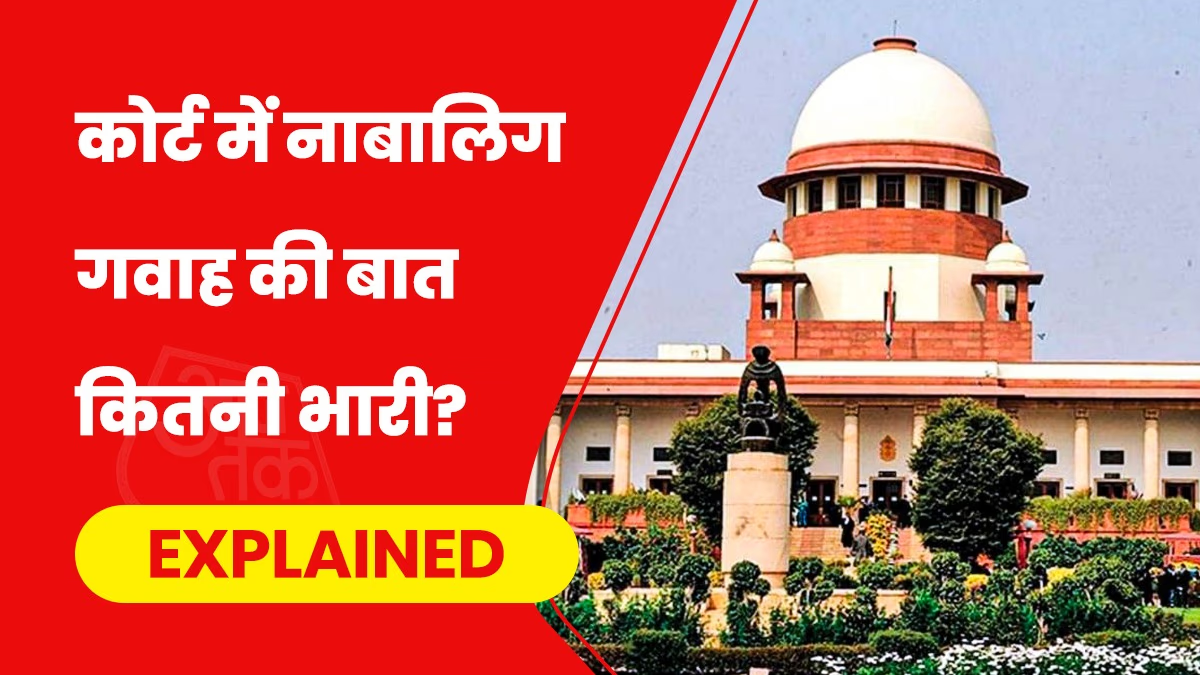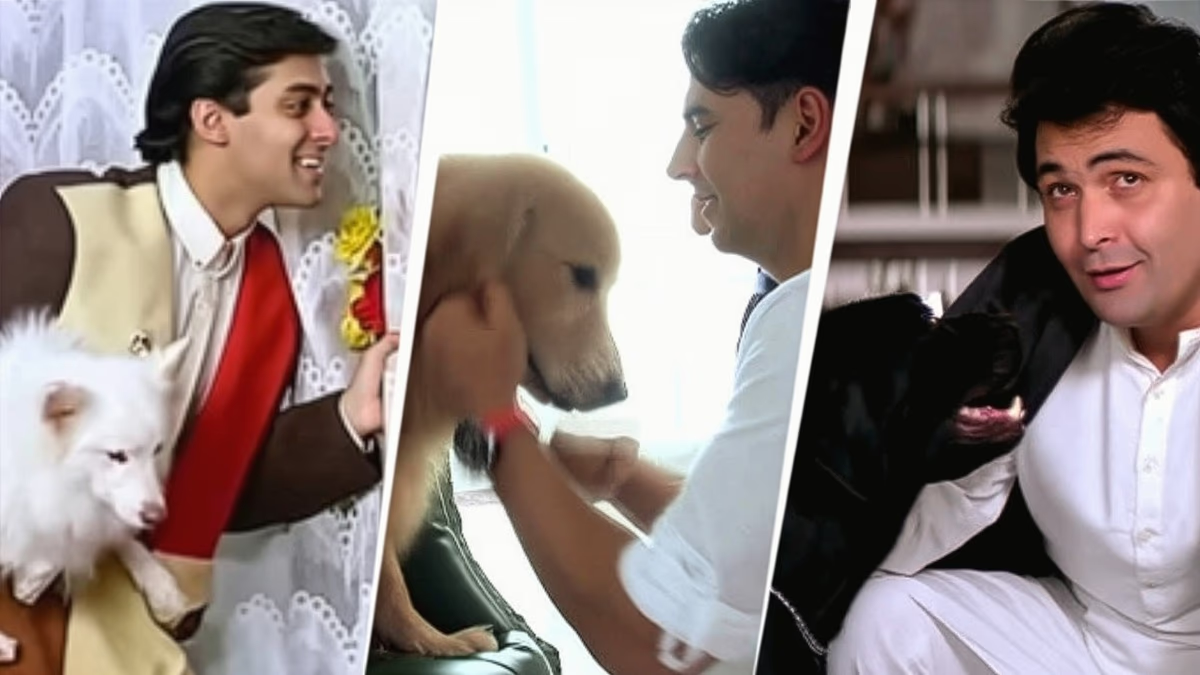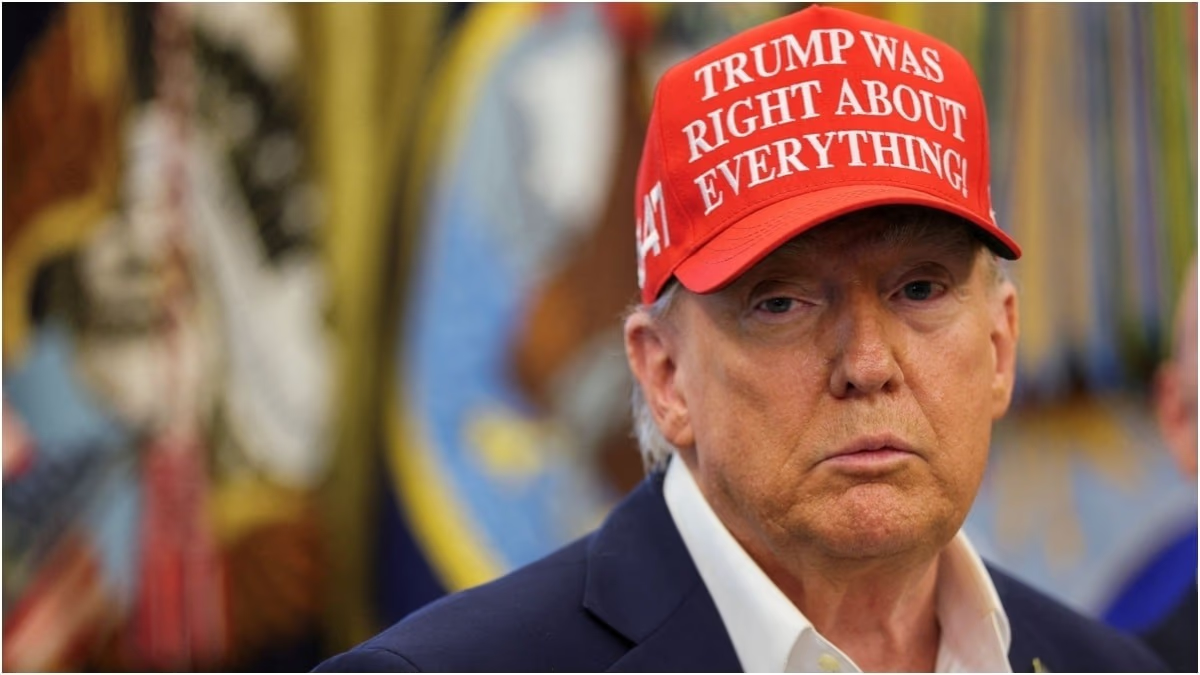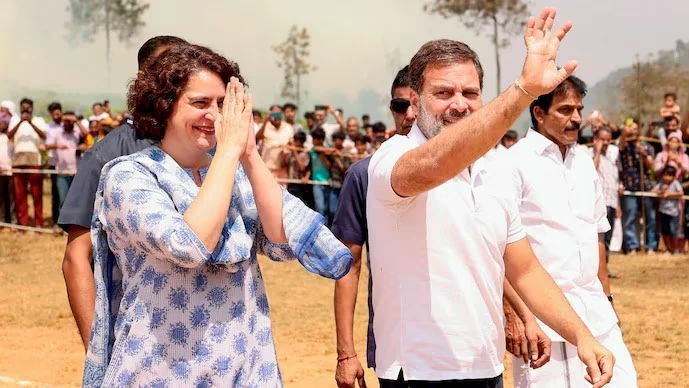The alleged dowry killing of Nikki Bhati in Greater Noida has been making headlines. Both the police and the women's commission are now involved. Meanwhile, the statement of the deceased's son is surfacing, suggesting he might have been an eyewitness. Although the son is a minor, it's possible his testimony could be manipulated through coaching. So, in serious matters, does a minor's testimony hold the same significance as an adult's statement?
Understanding the Nikki Bhati Murder Case
On the night of August 21, a young woman named Nikki died from burns in Greater Noida's Sirsa village. The in-laws are blamed, with her husband, Vipin, as the main suspect. A video showing Nikki being assaulted and set ablaze, allegedly made by her sister, went viral. The suspect and his entire family have been detained. Meanwhile, Nikki's six-year-old son claims his father assaulted his mother before lighting her on fire.
The child's testimony is polarizing opinions. Some believe children never lie, so his statement should lead to a swift decision. Others think he might have been influenced and question basing significant decisions on a young child's account.
That’s the public debate, but what does the law say? Is a minor's testimony considered as pivotal evidence in Indian law?
To understand this, we consulted senior lawyer Manish Bhadauria from Karkardooma Court.
The Indian Evidence Act does not specify a minimum age for witnesses. This means that no matter how young, if the court believes a child can understand questions and provide factual answers, their statement is deemed valid.

Source: aajtak
Earlier this year, a Supreme Court case featured a seven-year-old as the sole witness. Her father was accused of her mother's murder. The judge personally spoke with her to assess her understanding and reasoning abilities. On confirming her reliability, the judge sentenced her father to life imprisonment based on her testimony.
The Unique Process for Taking Children's Testimonies
Indian courts don't dismiss testimony based on age alone. Lawyer Manish Bhadauria states that under the Indian Evidence Act, if a child speaks truthfully and the court trusts their words, their testimony is fully valid. However, the process differs from that of adults.
For instance, in Delhi, each district court has a child witness room. Supreme Court guidelines explain how to question children under the Evidence Act. Following the incident, a child's testimony first occurs with the police and then in front of a magistrate in a soft and gentle manner, leading up to courtroom procedures. Unlike adult witnesses who receive summonses, children do not face this formal call to court.
Transport and Arrangements to Court
A vehicle and a resource person, often a woman experienced in child-friendly interactions, are arranged for the child. The witness room is equipped with essentials like chocolates, chips, and other snacks to ensure the child's comfort.
The judge's chamber is separate and houses the judge, stenographer, defense counsel, and public prosecutor. Another room houses the accused, who the child identifies briefly after feeling comfortable and delivering their statement, to avoid intimidation.
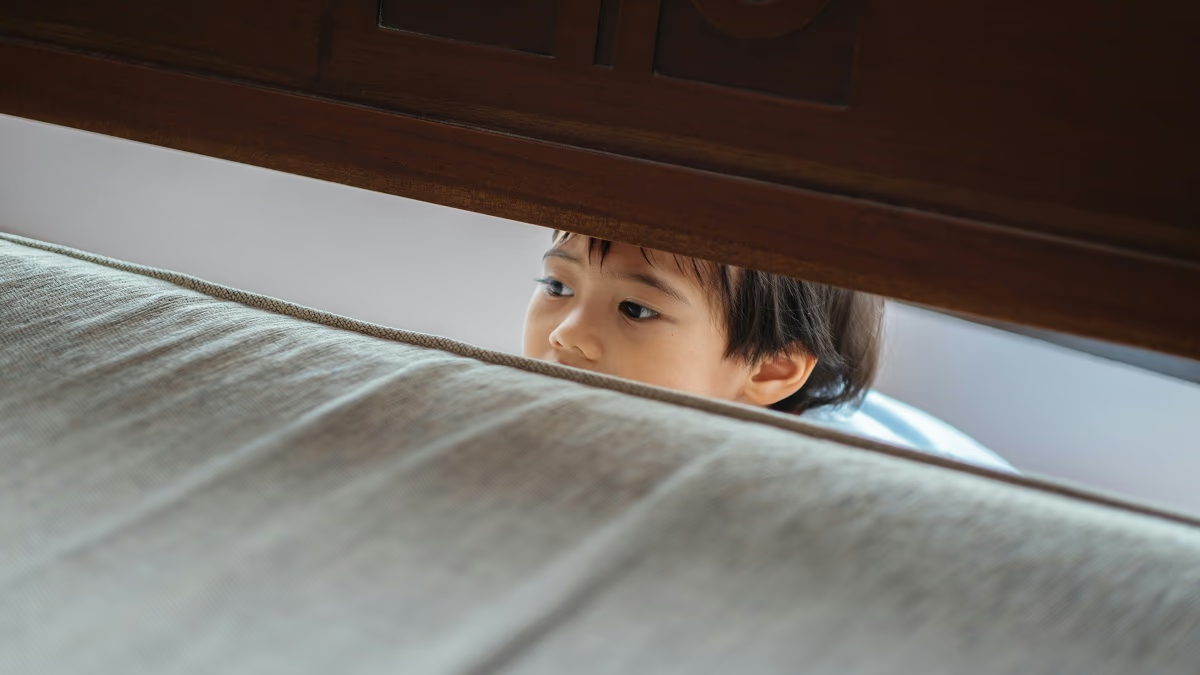
Source: aajtak
Through a screen, the child only sees and hears the judge. Lawyers provide questions, which the judge asks gently. If the child struggles to understand, the resource person repeats the question. This process continues until the child comprehends the inquiry and gives a clear response, recorded by the stenographer.
Ensuring the Testimony's Credibility
As with other cases, there's concern about changing a child's testimony through intimidation or incentives. The court is aware of this. If a child alters their statement or seems coached, the judge closely monitors, repeating questions in varied but gentle forms to ascertain truthfulness before recording the statement.
Prioritizing the Child's Safety
To shield a child witness from fear or pressure and preserve their childhood, several measures exist. For instance, the child's name is omitted from the charge sheet. Their identity or name is never disclosed in judgments or during testimony. Codes like ABC are used instead. Even if the public is aware of a child being a witness in a particular case, the court maintains utmost discretion, keeping no written records that could jeopardize the child.
Despite the careful method of recording a child's statement, its reliability is often highly regarded. Conversely, adult testimonies can be dismissed if inconsistencies arise. If adults appear pressured or bribed, judges may invalidate their testimony. Sometimes witnesses become hostile, recanting their statements entirely. In such cases, their evidence is deemed unreliable.
